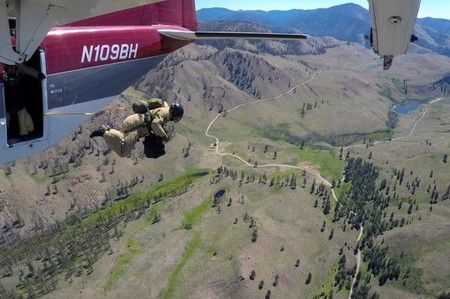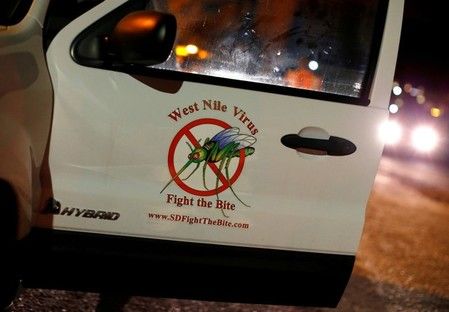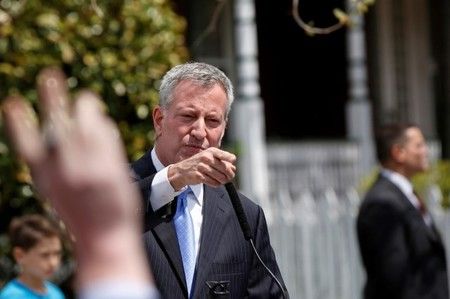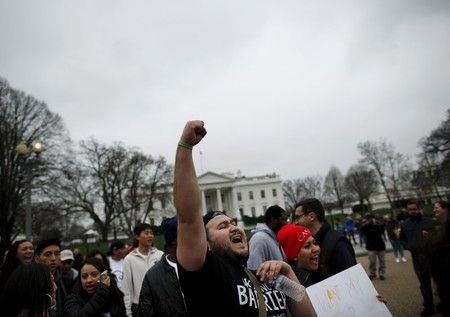Advertisement
Efforts to cut U.S. airport security delays not sustainable: American Airlines CEO
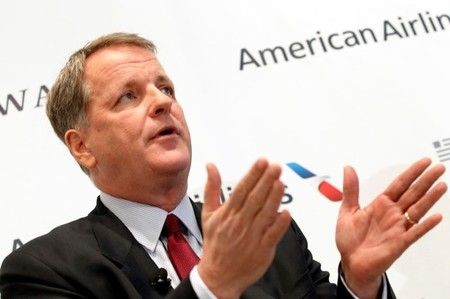
By Jeffrey Dastin
NEW YORK (Reuters) – Airlines’ efforts to help the U.S. government manage long airport security lines are not sustainable, the chief executive of American Airlines Group Inc said in an interview.
American, Delta Air Lines Inc and United Continental Holdings Inc have each added $4 million to what they typically spend on workers who stock bins at checkpoints and take care of tasks other than screening, which is handled by the U.S. Transportation Security Administration (TSA).
This, however, is not a solution to waits that have caused more than 70,000 of American’s customers to miss flights this year, CEO Doug Parker said Wednesday in New York.
The TSA must add enough staff to handle checkpoints on its own during peak travel times, he said. Recently, the agency has relied on airlines to handle some of its non-screening work.
The remarks underscore airlines’ concern that fewer people will book flights if lengthy airport waits continue.
“I checked into Dallas-Fort Worth on the way out here, and we have – it appeared – at least as many American Airlines employees standing out in front of security helping move the lines as there are TSA agents,” he said. “That’s neither right nor sustainable.”
Parker said a staffing shortage at the TSA, not fuller planes, has caused the crisis.
A spokesman for TSA declined to comment.
The TSA had aimed for 25 million people to sign up for a pre-vetting service such as “PreCheck” that moves travelers through checkpoints three times as fast, and it cut agents accordingly. But only about 10 million travelers have enrolled, and screening lapses prompted the TSA to reduce its practice of pulling regular fliers into those fast lanes.
This year, the TSA projects it will screen 15 percent more people than in 2013, with 12 percent fewer agents. (Graphic: tmsnrt.rs/1sMaHZu)
Parker said the TSA has been responsive, reallocating funds to hire 768 more agents, though more are needed.
One benefit that may come of the crisis is new technology at airports, he said.
The TSA worked with Delta and Atlanta Airport to open two lanes that automate the distribution of bins at a checkpoint, a practice in place in Europe. Peter Neffenger, the head of TSA, said the lanes were about 30 percent more efficient.
Parker said the lanes let travelers go around those held up in security: “We’re all waiting for this one person who… left their cell phone in their pocket, and that doesn’t happen anymore.”
American, the world’s largest airline, is working with major airports to roll out the automated lanes, Parker said. He declined to specify which ones.
(Reporting By Jeffrey Dastin in New York; Editing by Andrew Hay)



